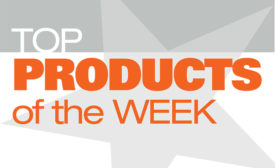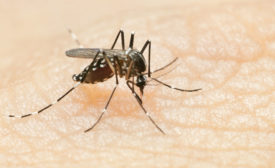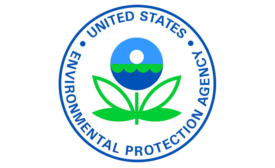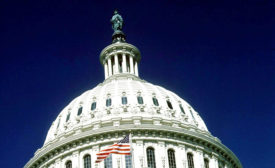News
Danger below
Diesel fuel storage tank corrosion threatens U.S. drinking water
July 22, 2016
A ProPublica Story
Health gadgets and apps outpace privacy protections, report finds
July 21, 2016
Never miss the latest news and trends driving the safety industry
eNewsletter | Website | eMagazine
JOIN TODAYCopyright ©2024. All Rights Reserved BNP Media.
Design, CMS, Hosting & Web Development :: ePublishing









